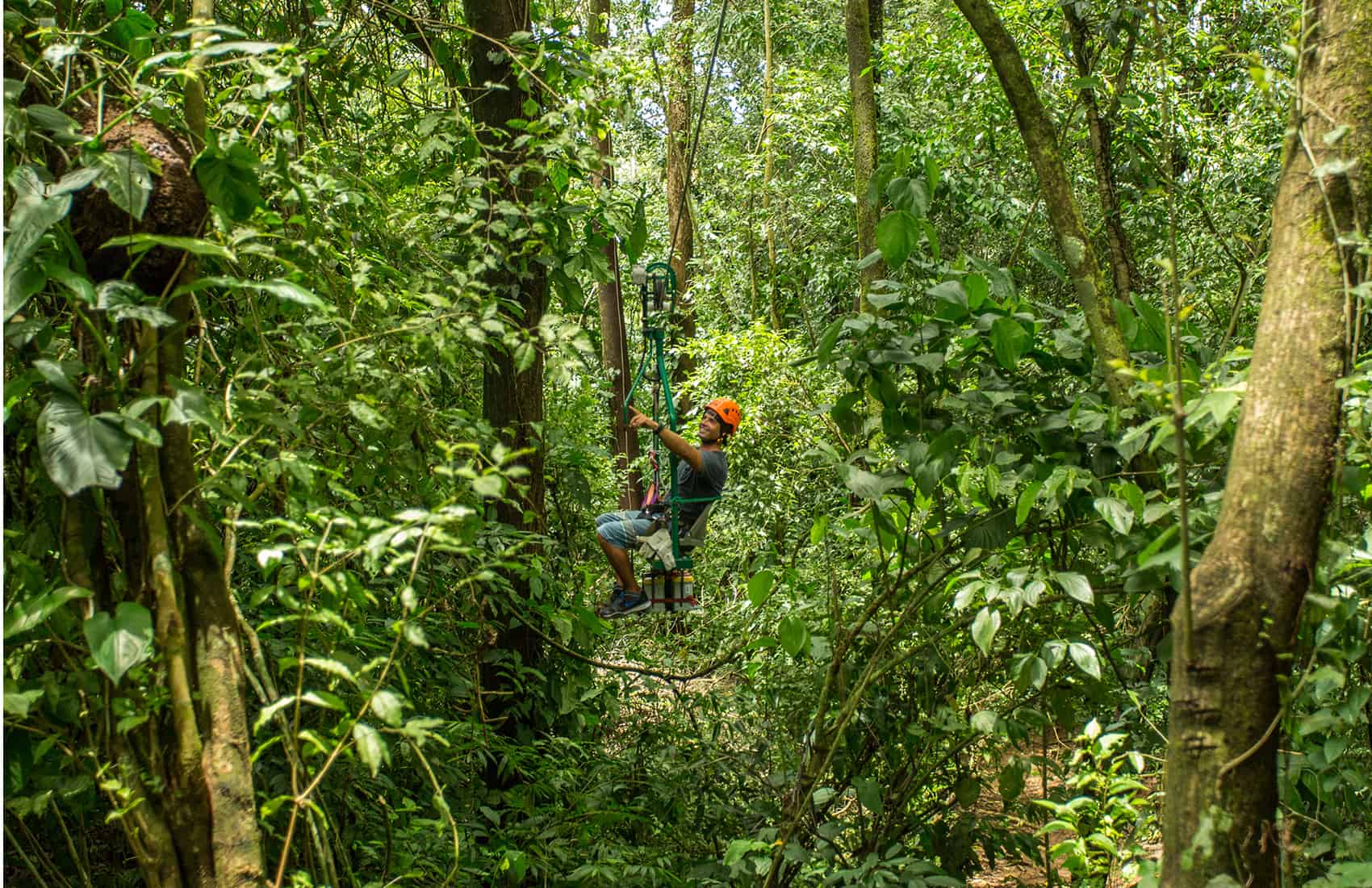Tourism is the driving force behind Costa Rica’s economy, contributing significantly to its growth and development. The country’s commitment over the years has been to promote a sustainable model, ensuring people can enjoy its natural wonders while the benefits are equitably distributed to communities.As part of the celebrations for World Tourism Day, many countries reflected on the impacts of mass tourism and the need to shift towards sustainable models.
“We have never promoted mass tourism. Our tourism model is a sustainable one, and with that approach, we have implemented a series of tools over time,” said Costa Rica’s Minister of Tourism, William Rodríguez. Rodríguez explained that communities worldwide are now suffering from the effects of mass tourism, which is characterized by the movement of large numbers of visitors, affecting the daily lives of locals, the environment, safety, and available resources.
Certain cities, such as Barcelona and Venice, have implemented measures to reduce the number of tourists. “We are far, and I want to reiterate, far from having a problem similar to those faced by these destinations in Europe,” he added.
Rodríguez says that throughout history, the country’s tourism sector has been committed to sustainability: environmental, economic, and social. He believes that companies in this sector are certified and trained to raise awareness about the care of natural resources, which are the main attraction of national tourism. He stated that the country still has the capacity to grow in terms of tourist arrivals.
“Our National Tourism Plan is built on three core pillars: sustainability, innovation, and inclusion. Sustainability, understood in the broad concept of environmental, economic, and social sustainability, is fundamental, and it is essential that we maintain it as we have for many years,” the Minister added.
However, Costa Rica must remain vigilant and adopt public policies that align with its tourism goals. For instance, this newspaper has that some communities face housing problems, as rent prices have skyrocketed and more apartments are used for Airbnb. This means locals are displaced and forced to move to towns further aways.
Similarly, national parks like Manuel Antonio have reported issues of overcrowding, long lines, and potential ecosystem damage due to mismanagement. Costa Rica’s Constitutional Court ruled against increasing the number of visitors allowed, as this would have a severe impact on the flora and fauna of the area.
As global tourism continues to evolve, it is crucial for Costa Rica to remain adaptable and innovative, ensuring that the country not only grows but does so in an inclusive and eco-friendly way.






